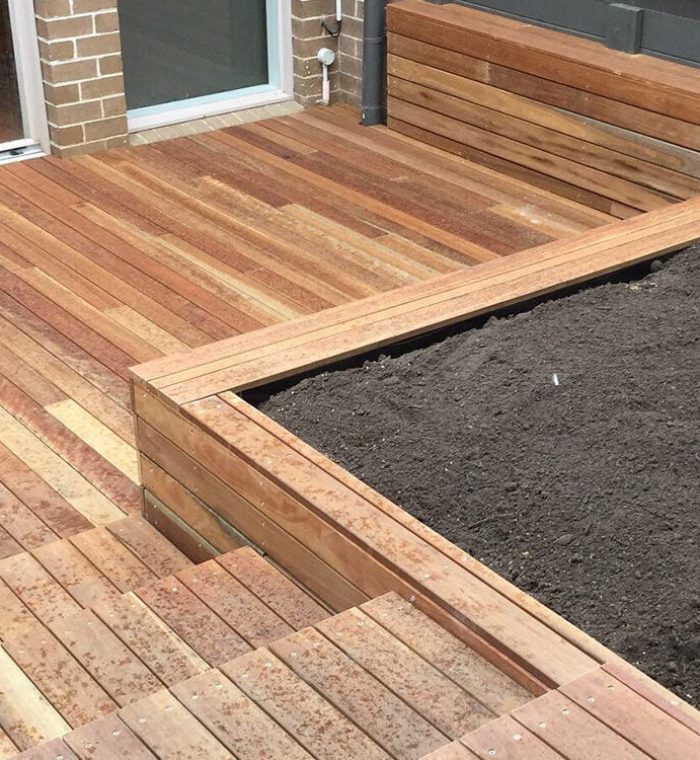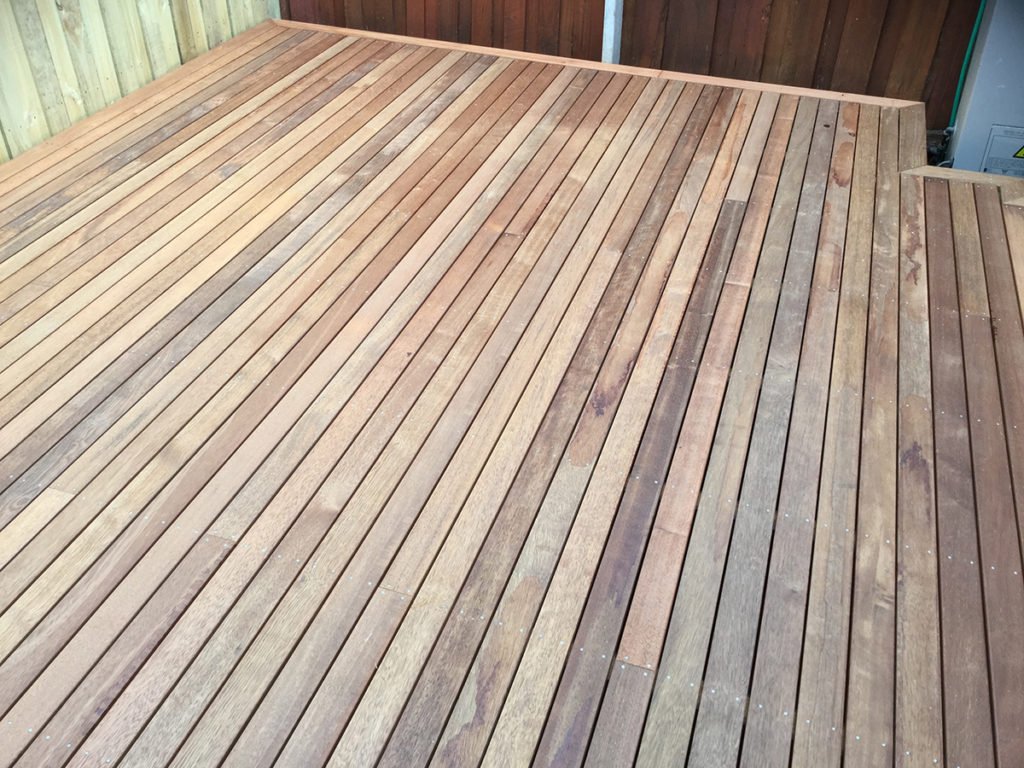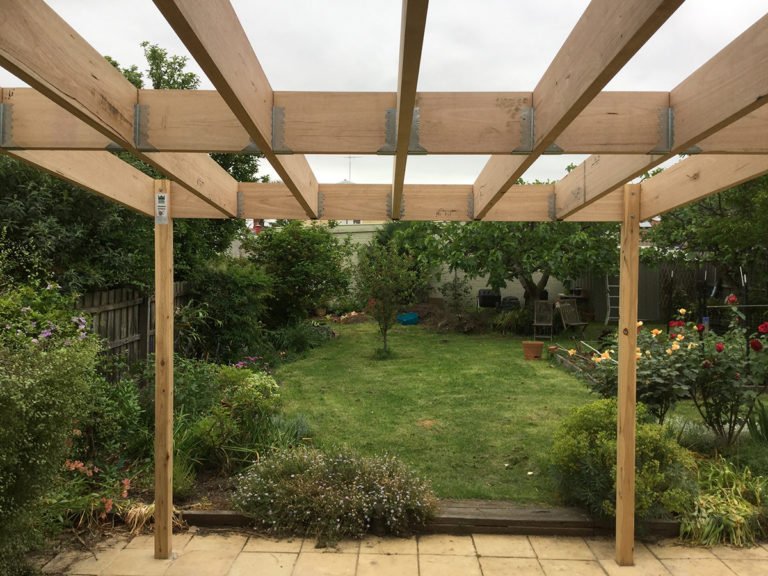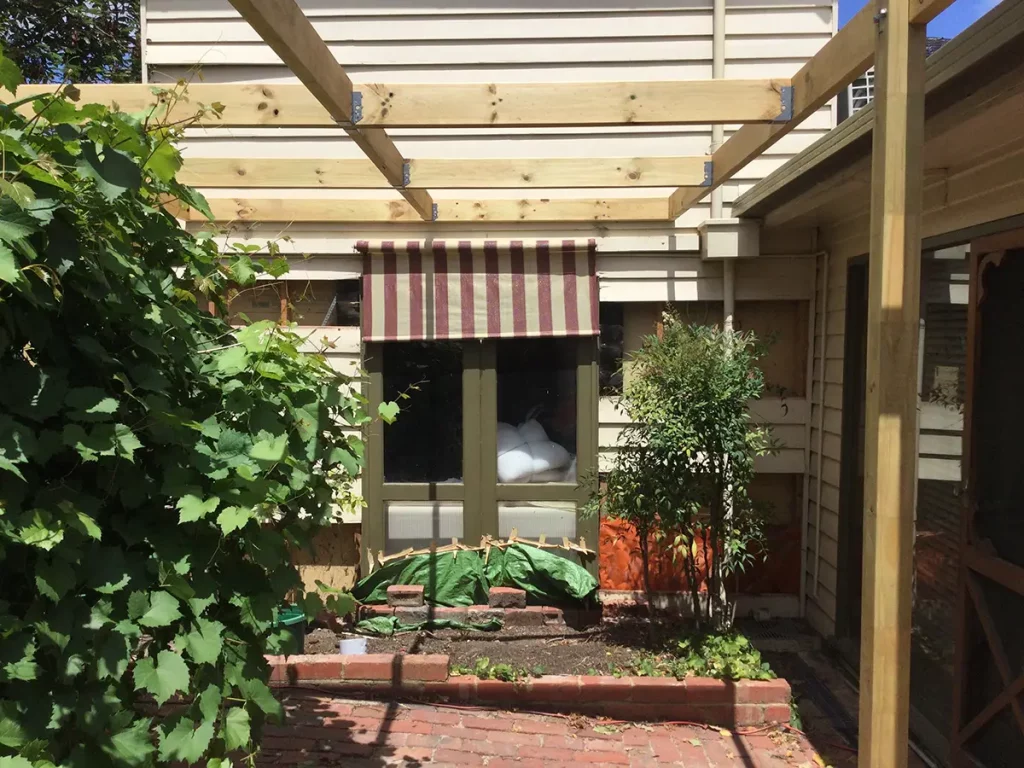Frequently Asked Questions
Yes, many handymen are experienced in building custom decks and pergolas. It’s important to choose a handyman with experience in this type of work and to discuss your specific design requirements with them.
Regular maintenance is essential to ensure the longevity and safety of your deck or pergola. Inspecting your deck or pergola annually for signs of damage or wear and cleaning and resealing the surface as needed is recommended.
Yes, handymen can build ramps for accessibility for those with mobility issues. It’s important to discuss your specific accessibility requirements with the handyman to ensure that the ramp is built to code and meets your needs.
Common materials for decks include pressure-treated wood, cedar, and composite decking materials. Pergolas are often made from wood, vinyl, or metal materials.
The time it takes to build a deck or pergola can vary depending on the size and complexity of the project. It’s best to discuss your timeline with the handyman to ensure that they can complete the project within your desired timeframe.
Pergolas can be made of various materials, including wood, metal, vinyl, and fiberglass. Each material has its own advantages and disadvantages, such as durability, cost, and maintenance requirements.
Pergolas offer shade, aesthetics, privacy, outdoor living space, protection from the elements, and increased property value.
The need for a permit varies by location and the size of the pergola. Check with your local government to determine if a permit is required for your project.
Yes, a pergola can be attached to a house or any other structure, such as a garage or shed. However, ensuring that the pergola is structurally sound and properly attached to the main structure is essential.
Pergolas can provide some protection from the elements, but they are not designed to be fully enclosed structures. They are suitable for use in many different climates but may require additional protection in extreme weather conditions.






